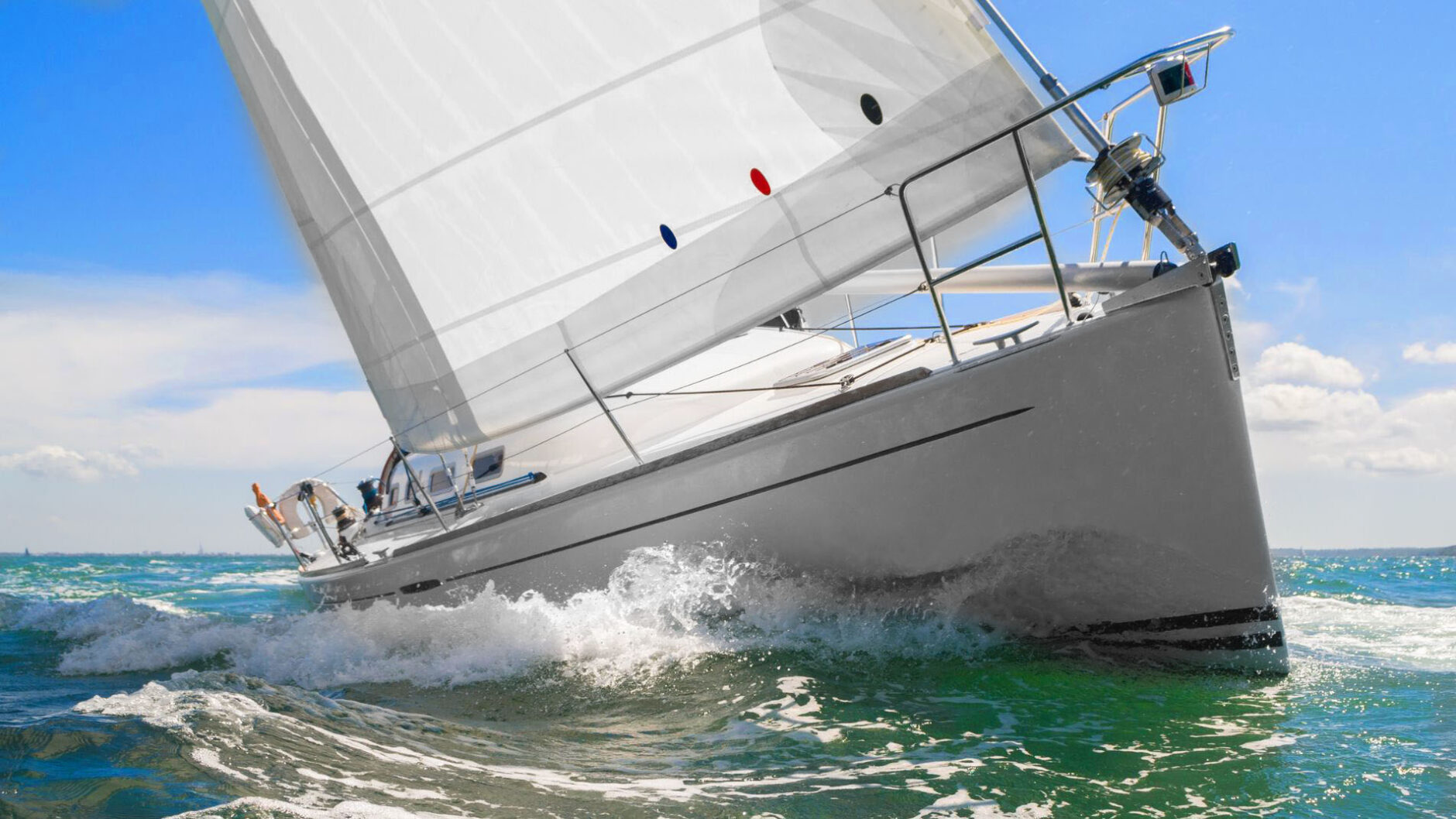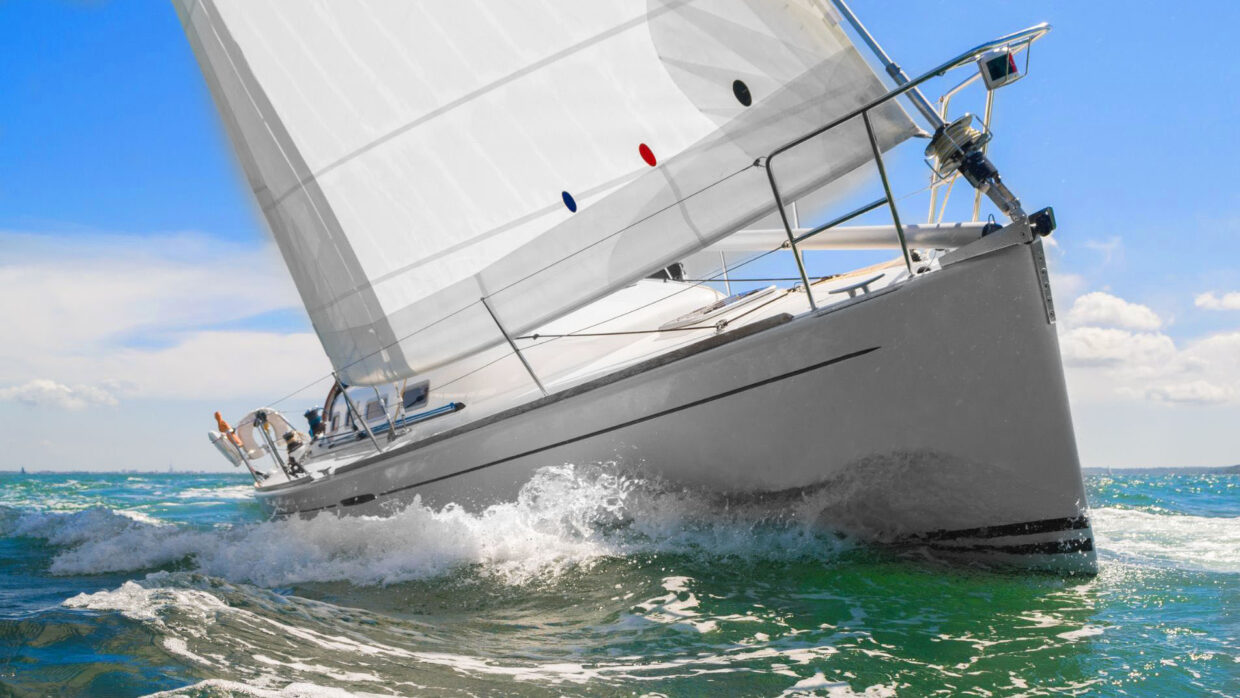The recreational boater community treasures maritime tradition and protects the freedom that comes with it. At the same time, freedom means a responsibility to understand everything about the waterways, most of all, the rules and regulations designed to keep everyone on the water safe.
By definition, maritime law, or admiralty law, is a body of law that governs nautical issues and private maritime disputes. Maritime laws govern international locations with no land within 20 miles of the vessel or person on the open sea.
We will break down the essential regulations for both the seasoned boater and weekend sailor to keep us all safe and lawful in international waters.
Boating Registration and Documentation
The law requires that every boat is registered in the state where the owner resides. Boat registration is like having a license plate; it identifies the vessel and boater and shows compliance with state laws.
A boater must have the proper boating license, which may vary by state. You must complete a safety course to get a license in most places.
The United States Coast Guard requires larger boats to register with them. Part of that process includes giving the ship a unique name and official number, both of which must be displayed on the vessel.
Safety Equipment
The United States Coast Guard requires enough Coast Guard-approved life jackets for each person on the boat.
The US Coast Guard also requires fire extinguishers. Depending on the size of the vessel, at least one B-1 type fire extinguisher must be on board.
All boats operating in coastal waters, the Great Lakes, territorial seas, or those connected must carry a visual distress signal.
Maritime Distress Signal
Just carrying a distress signal isn't always enough. Properly signaling for help using the correct procedures in an emergency is essential. Flares, EPIRBs (Emergency Position Indicating Radio Beacons), and VHF radios can sometimes be the difference between life and death.
Rules of the Road
International waters have navigation rules just like cars on roads. The "Rules of the Road" include having a proper lookout, staying at a safe speed, and understanding the right-of-way to prevent accidents.
Adhering to the posted speed is especially important in harbors, residential areas, and marine stationaries.
Environmental Regulations
Environmental laws are designed to protect the waterways that we love, and it's vital for those waterways that we adhere to them.
It is a boater's responsibility to dispose of waste properly, avoid the discharge of pollutants in navigable waters, and comply with regulations to prevent the spread of invasive species.
According to the Clean Water Act, boats must properly maintain sewage through marine sanitation devices. Discharging treated or untreated wastewater into 'No Discharge Zones' is illegal.
It would be best to familiarize yourself with the Clean Water Act and other local environmental laws to avoid accidentally breaking them or harming marine life and ecosystems.

Boating Under the Influence (BUI)
Navigating a boat under the influence of alcohol and drugs is both dangerous and highly illegal. The blood alcohol concentration limit for boaters and drivers on the road is around the same.
The penalties for Operating Under the Influence (OUI) and Boating Under the Influence (BUI) include fines, jail time, and loss of boat license and privileges.
Best boating practices should always include designating a sober skipper if you plan to drink alcohol on board and while navigating international waters.
Insurance
Boating insurance isn’t always a legal requirement. But, it’s highly recommended to protect yourself against liability in the case of a boat accident, theft, or damage to the boat, docks, or others.
Liability insurance policies for boats vary in coverage, so double-check that the coverage is right for your boating activities and the boat’s value.
International Waters and Customs
If you plan to boat in international waters or dock in foreign ports, it’s a must that you know international maritime law and customs regulations.
You must report to customs when you enter or leave a country, and you should be aware of visa requirements and what can legally be transported across borders.
Reporting Accidents
Regardless of where they happen, boating accidents should always be reported and done so in a timely manner.
You must report a boating accident when property damage exceeds a certain amount, injury beyond first aid, a fatality, or a missing person who could be dead or injured.
If the accident happens in an area where there is no land within 20 miles of the ship or person on the open sea, report it to the US Coast Guard.
Fishing Regulations
If you or your passengers plan to fish from the boat, you should stay current on local, state, and federal fishing regulations. Fishing laws can include licensing requirements, catch limits, size restrictions, and seasonal rules.
Violations of fishing regulations can result in lofty fines and could cost you your fishing license.
Wrap-Up
Abiding by laws and regulations is part of the responsibility of boating safety. When you’re familiar with international waters legal considerations, you can get the most out of your boating experience. Maritime law is meant to keep you and everyone else in the water safe.
Recreational boating law has complexities that aren’t always easy to understand. Don’t be afraid to ask questions.
Maritime legal experts, other boaters, and the US Coast Guard are available to answer questions and address concerns, so your boating adventure is one to remember – for the right reasons.




